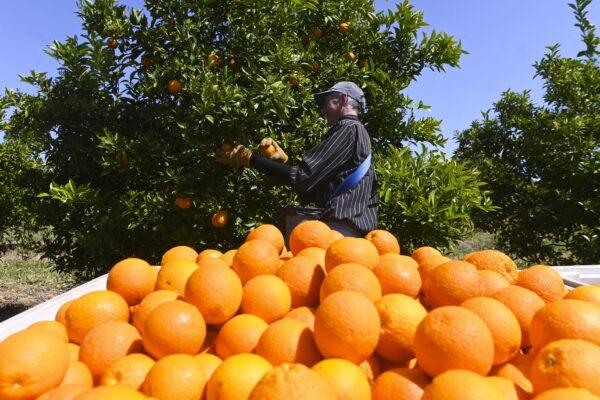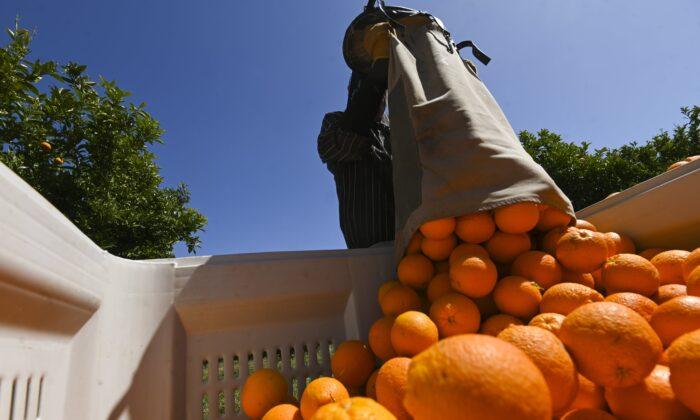The Australian Fair Work Commission has ruled in favour of a guaranteed minimum wage for casual fruit and vegetable pickers on piece-rate arrangements.
Farmers will now be forced to pay an hourly minimum casual wage of $25.41 (US$18.94), even under piece-rates, which is where workers are paid for the volume picked.
The Australian Fresh Produce Alliance (AFPA), the representative body for fresh produce growers and suppliers, argued that competent pieceworkers under piece-rates could earn 15 percent more than the minimum hourly rate, creating a risk-reward bargain.
But the commission rejected the industry’s argument that putting a floor on piece-rates would disincentivise more productive workers.
“We are satisfied that the insertion of a minimum wage floor with consequential time recording provisions in the piecework clause is necessary to ensure that the Horticulture Award achieves the modern awards objective.”

However, the National Farmers Federation (NFF) called it a “bitter blow” to farmers who are now facing another harvest with a severely inadequate workforce.
Mahar said the commission’s decision came at a time when the industry was facing an unprecedented labour shortage and still suffering from the fallout of COVID-19.
“The decision is out of step with what’s in our nation’s interest and is a disproportionate response to the issue at hand,” he said. “The NFF will now consider our next steps.”
Agriculture Minister David Littleproud said he would work through the ruling and warned of higher prices.
“Farmers have to be paid for their produce, and the cost of producing that produce should be reflected at the checkout,” Littleproud told the ABC. “You could surmise that at some point, not having read through the final determination in full, this may have some upward pressure on prices at the supermarket.”






Friends Read Free